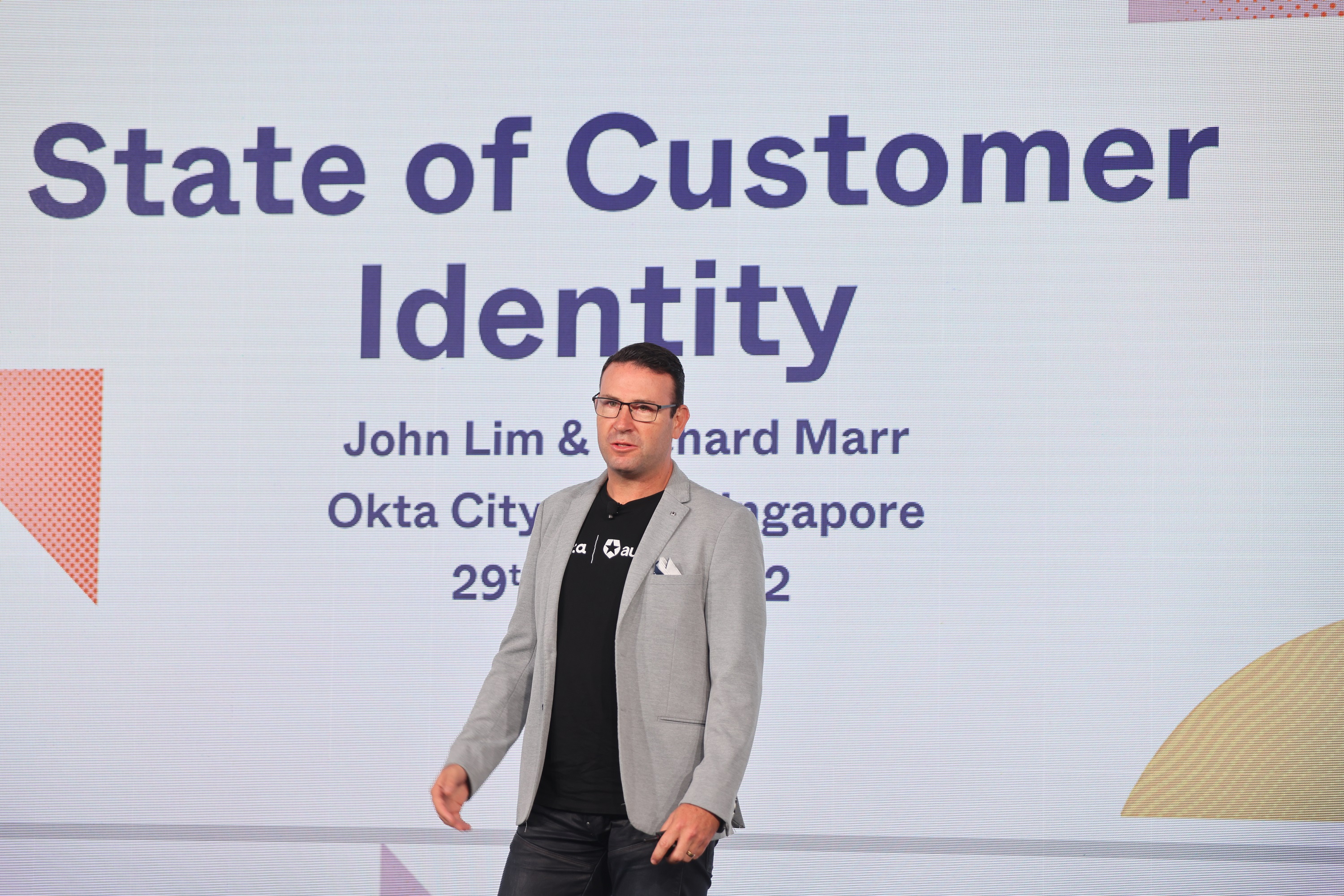Report further highlights user experience concerns, lack of in-house expertise as main barriers to adoption
SINGAPORE – Media OutReach – 29 June 2022 – Okta, Inc. (NASDAQ: OKTA), one of the leading independent identity providers, today announced the findings of the State of CIAM in Asia-Pacific 2022 study at the Okta City Tour Singapore event. The research set out to uncover the extent of CIAM adoption in Asia-Pacific, the factors driving businesses to implement CIAM solutions, and the challenges they face in managing digital customer identity today. The study was conducted in early 2022 and surveyed 320 C-level and senior IT decision makers in Australia, Japan, Singapore, South Korea, the Philippines and Hong Kong.

With the pandemic accelerating the shift to digital across many business sectors and cyberattacks rising to an all-time high, businesses have a greater need to deliver secure, seamless digital experiences to their customers. CIAM allows businesses to embed a secure identity layer into their consumer and SaaS applications, facilitating secure, seamless end user experiences across digital channels. It also ensures partners, suppliers and contractors have secure access to the resources needed, empowering them to collaborate effectively. Importantly for business growth purposes, CIAM enables firms to analyze customers’ buying behaviours and craft targeted marketing strategies.
The study revealed a high level of understanding of CIAM across the region, with nearly three-quarters of respondents (72%) saying they have a good or expert understanding of CIAM, and only a small minority (7%) admitting to not knowing anything about it at all. This awareness has also translated to widespread adoption of CIAM solutions, with a large majority (82%) having already implemented CIAM solutions, whether built in-house or outsourced. Even among those that do not currently have a CIAM solution, nearly half (48%) are planning to deploy one in the next 12 to 18 months.
Security concerns driving CIAM adoption
Security emerged as the top driver for CIAM adoption, with nearly 9 in 10 respondents (89%) saying CIAM was very important or important to their overall security strategy, and just 3% saying it had no importance at all. Similarly, developers cited security as the top attribute (33%) when selecting a CIAM solution, followed by reliability (22%), ease of use (16%) and a good user experience (15%).
“An integrated, secure and seamless CIAM solution is now a critical component to organisations’ wish to provide the best digital user experience to their end users,” said Richard Marr, APAC CIAM Lead at Okta. “While the State of CIAM in Asia-Pacific 2022 survey revealed a high level of awareness and adoption of CIAM solutions in the region, challenges remain for organisations that may lack in-house expertise or the necessary resources to keep up with an evolving cyber threat and regulatory environment.”
Furthermore, the survey revealed significant concerns about CIAM implementation and potential business risk if done poorly. Most respondents said the biggest barrier to CIAM implementation was the risk of adversely impacting the user experience (61%), with many struggling to get this right internally, followed by a lack of available in-house expertise (42%), and the need to create a business case to justify implementation (30%).
Challenges of managing CIAM solutions amid evolving threat and regulatory landscape
The challenges and complexities of CIAM continue beyond implementation, with businesses that choose to build these solutions in-house needing to upkeep their deployments to withstand evolving cyberattacks. Of those organisations that have a CIAM solution, 60% say their biggest barrier in managing it is the need to improve their security posture, while 57% are challenged by the high level of complexity.
Balancing need for security, innovation and user experience (UX) amid talent shortage
The fast-changing threat landscape and ever-evolving audit and compliance requirements make speed and agility essential in managing customer identity. This creates another challenge for business, with over 40% citing this as a key barrier in using their existing CIAM solution.
In today’s digital-first world, the urgency for businesses to deliver customer experiences that balance security and UX is driving the adoption of CIAM across Asia-Pacific.
Those who don’t have a solution are hampered by knowing where to start, with concerns about user experience and security proving to be a barrier to implementation. Those who do are often relying on homegrown solutions that are complex to maintain, less secure, and divert developer and engineer time away from business-critical activities.
“In a world where in-house IT and security talent is scarce, keeping up with the fast changing security landscape can be unsustainably stressful,” said Richard Marr, APAC CIAM Lead at Okta. “Organisations should consider outsourcing customer identity management so that they can focus on the more strategic aspects of customer loyalty development, and business growth.”
? Okta’s State of CIAM in Asia-Pacific 2022 report can be downloaded at this link.
About Okta
Okta is the leading independent identity provider. The Okta Identity Cloud enables organizations to securely connect the right people to the right technologies at the right time. With more than 7,000 pre-built integrations to applications and infrastructure providers, Okta provides simple and secure access to people and organizations everywhere, giving them the confidence to reach their full potential. More than 15,800 organizations, including JetBlue, Nordstrom, Siemens, Slack, Takeda, Teach for America, and Twilio, trust Okta to help protect the identities of their workforces and customers.
#Okta






